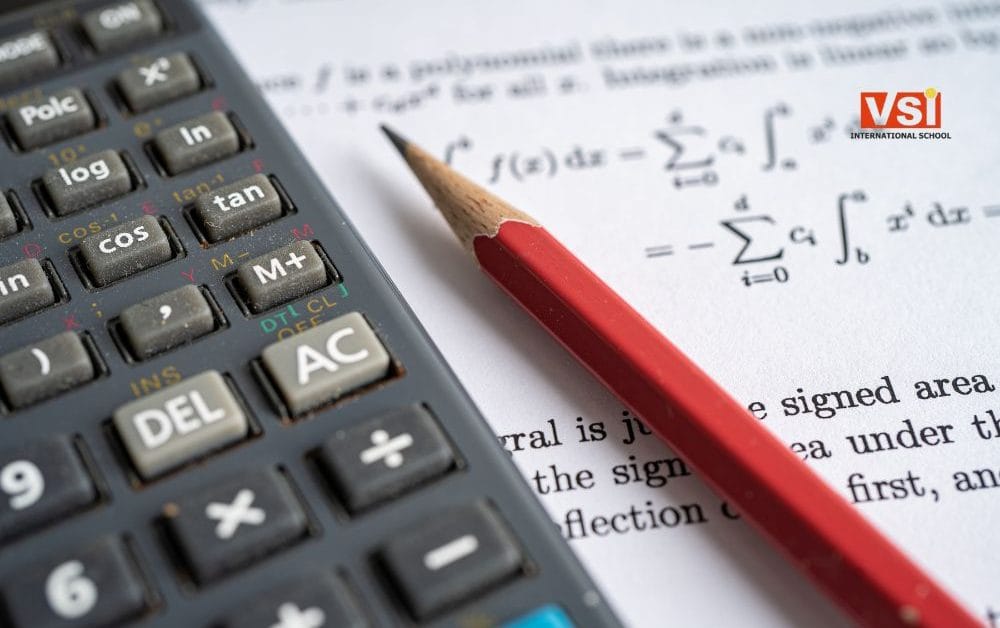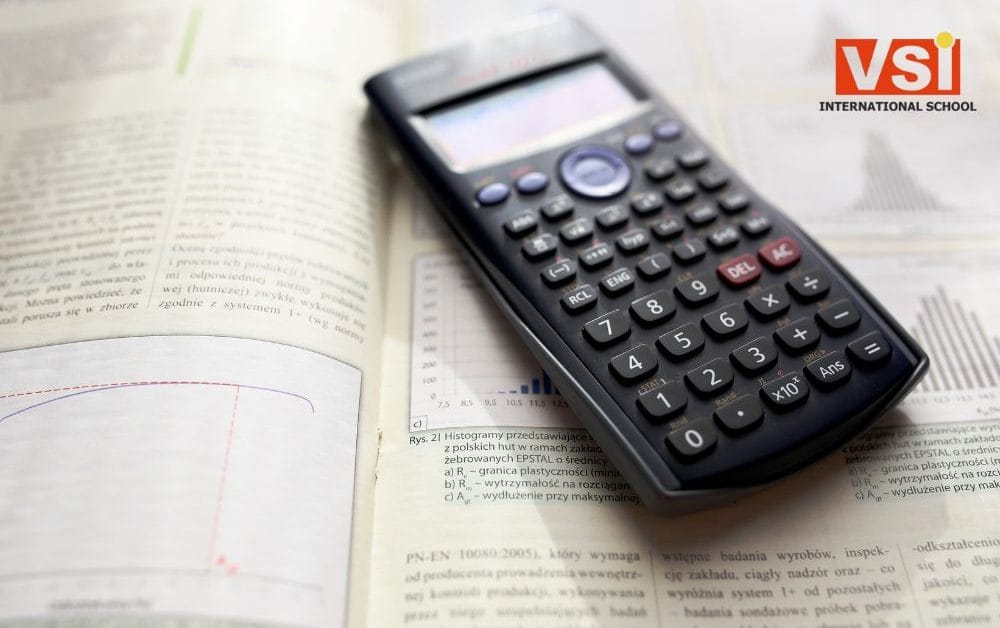
How to Score Good Marks in Mathematics: Proven Strategies for Success
coring good marks in mathematics can be a challenge for many students, but with the right approach and dedication, you can make it easier. Here are some effective tips and strategies on how to score good marks in mathematics and excel in your exams:
1. Understand the Basics Thoroughly
Mathematics is all about building concepts. The first step to scoring well is to understand the basic concepts clearly. Without a solid understanding of the fundamentals, solving complex problems becomes difficult.
- Pro Tip: Start by revising important formulas, theorems, and definitions. Make sure you understand why and how they work, instead of just memorizing them.
2. Practice Regularly
Math requires consistent practice. You cannot improve by just reading the solutions or watching tutorials; you need to solve problems yourself.
- Pro Tip: Dedicate time daily to solving a variety of problems from different topics. The more problems you solve, the better you’ll get at recognizing patterns and applying the correct methods.
3. Work on Problem-Solving Speed
Speed is crucial when solving math problems, especially during exams. To improve your speed, time yourself while practicing problems and try to solve them within a set period.
- Pro Tip: Solve previous years’ question papers and time your attempts. This will not only improve your speed but also help you become familiar with the exam format.
4. Clear Your Doubts Immediately
Do not let doubts accumulate. If you find any topic difficult, seek help from your teacher or a tutor immediately.
- Pro Tip: Join a peer study group or hire a tutor for areas where you struggle. You can also find numerous online resources to clarify doubts.
5. Focus on Important Topics
Some topics carry more weight in the exam than others. Identifying and prioritizing these topics can help you focus on what’s most important.
- Pro Tip: Topics like Algebra, Geometry, Trigonometry, and Calculus are often emphasized in exams. Make sure you master these areas before focusing on smaller or less important topics.

6. Make a Formula Sheet
Keeping a list of key formulas, theorems, and shortcuts will help you during revision. Reviewing these regularly will ensure they stay fresh in your memory.
- Pro Tip: Break down your formula sheet by topic (e.g., algebra, trigonometry) and revise it frequently.
7. Break Problems Down
If a math problem seems too complex, break it down into smaller, more manageable parts. Tackling each part individually makes the problem easier to solve.
- Pro Tip: Focus on understanding the step-by-step solution approach instead of jumping to the final answer. This method helps you avoid careless mistakes.
8. Avoid Last-Minute Cramming
Unlike other subjects, math requires long-term preparation. Trying to cram formulas and problems the night before the exam won’t help much.
- Pro Tip: Start your revision at least a few weeks before the exam and focus on regular practice rather than cramming.

9. Focus on Accuracy
Math is a subject where accuracy is key. Small mistakes in calculation can lead to wrong answers, which can cost you marks.
- Pro Tip: Double-check your calculations and answers during practice and in exams. Build a habit of rechecking every solution before moving to the next question.
10. Seek Guidance
If you are struggling with certain topics or feel lost in preparation, don’t hesitate to seek expert guidance. Sometimes, a fresh perspective from a tutor or mentor can make all the difference.
- Pro Tip: Enroll in math coaching classes or seek guidance from online tutorials and educators for expert advice.
Consulting an Expert
In addition to the above tips, seeking personal consultation from a math expert can help you identify weak areas and fine-tune your preparation strategy. A math consultant can provide personalized study plans, clear your doubts, and offer shortcuts for complex problems.
Frequently Asked Questions (FAQs)
Q1: How can I improve my speed in solving math problems?
To improve speed, practice a large variety of problems regularly. Timed mock tests can also help you get used to solving problems within a limited time.
Q2: Is it important to solve previous years’ question papers?
Yes, solving past papers gives you a clear idea of the exam pattern, commonly asked questions, and helps with time management during the exam.
Q3: How can I avoid silly mistakes in math?
Careless mistakes often occur due to rushing. Always double-check your calculations and solutions to avoid unnecessary errors. Practice regularly to build confidence and accuracy.
Q4: What should be my strategy for revising math before the exams?
Revise key formulas, concepts, and theorems regularly. Solve mock tests and review past exam papers. Focus on weak areas while maintaining a steady revision of strong areas.
Q5: Is it possible to score 100% in math?
Yes, math is a subject where you can score full marks if your concepts are clear and you avoid silly mistakes. Regular practice and clarity of concepts are the key.
By following these strategies and consistently working on your math skills, you’ll be able to score good marks in your exams. Success in mathematics comes with practice, clarity, and a methodical approach, so focus on understanding concepts deeply and practicing as much as you can.





